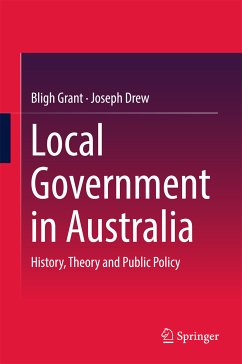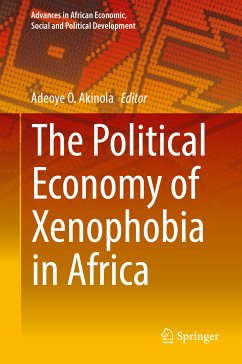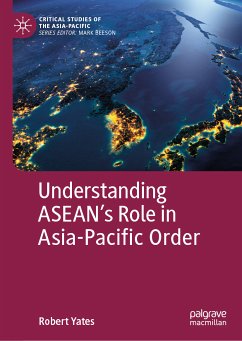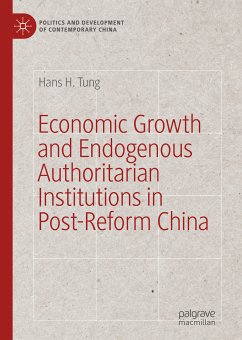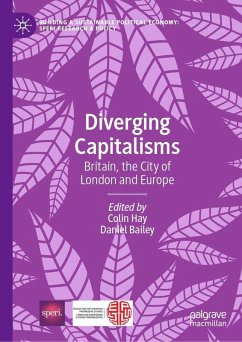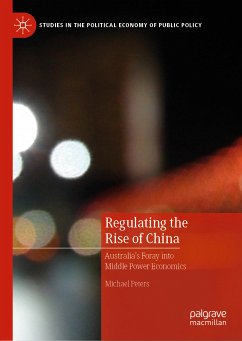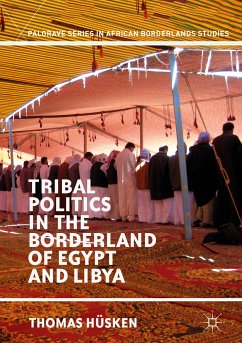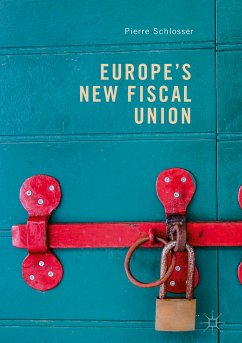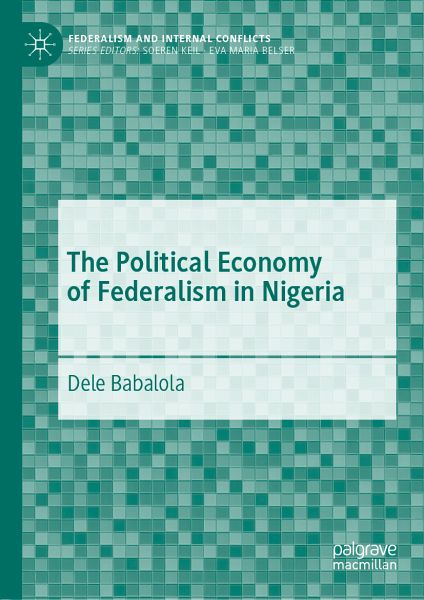
The Political Economy of Federalism in Nigeria (eBook, PDF)
Versandkostenfrei!
Sofort per Download lieferbar
56,95 €
inkl. MwSt.
Weitere Ausgaben:

PAYBACK Punkte
28 °P sammeln!
This book uses the political economy approach to examine the relative failure of federalism in Nigeria. It shows the nexus between the political and the economic aspects of the country's federalism. The central feature of Nigeria's political economy is the relationship between oil resources and the state. The author argues that the inability of the federal government to distribute the oil wealth fairly amongst the component units contributes to the dysfunctional character of the federal system. This deficiency is rooted in the country's unbalanced political economy, which promotes over-depende...
This book uses the political economy approach to examine the relative failure of federalism in Nigeria. It shows the nexus between the political and the economic aspects of the country's federalism. The central feature of Nigeria's political economy is the relationship between oil resources and the state. The author argues that the inability of the federal government to distribute the oil wealth fairly amongst the component units contributes to the dysfunctional character of the federal system. This deficiency is rooted in the country's unbalanced political economy, which promotes over-dependency on oil and consequently an over-centralised federal system. The book concludes that despite its complexities, federalism has become the basis for the country's stability. Therefore, ethno-regional demands for 'true federalism' will continue until the political elite reform the ailing federal system.
Dieser Download kann aus rechtlichen Gründen nur mit Rechnungsadresse in A, B, BG, CY, CZ, D, DK, EW, E, FIN, F, GR, HR, H, IRL, I, LT, L, LR, M, NL, PL, P, R, S, SLO, SK ausgeliefert werden.



